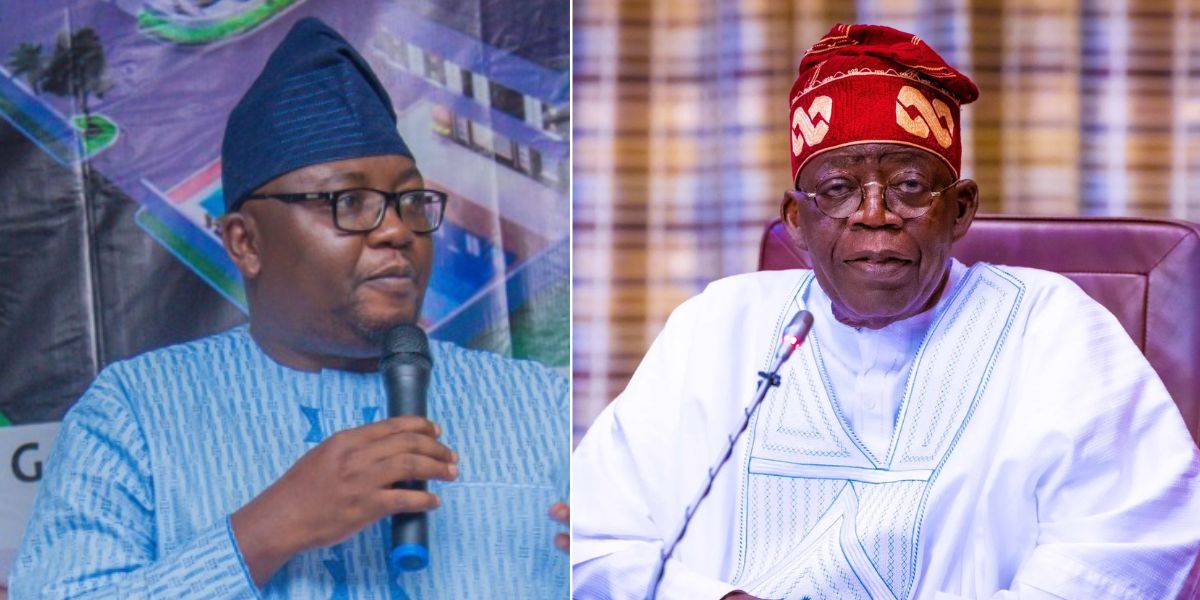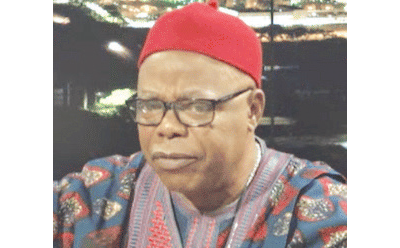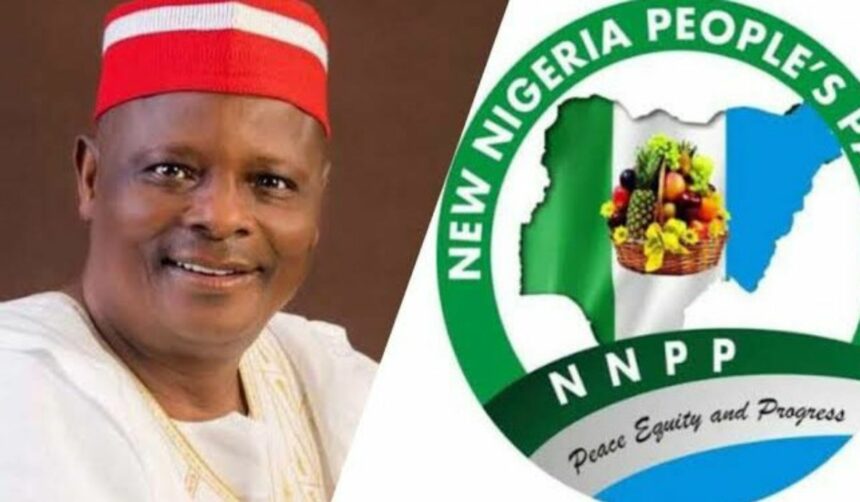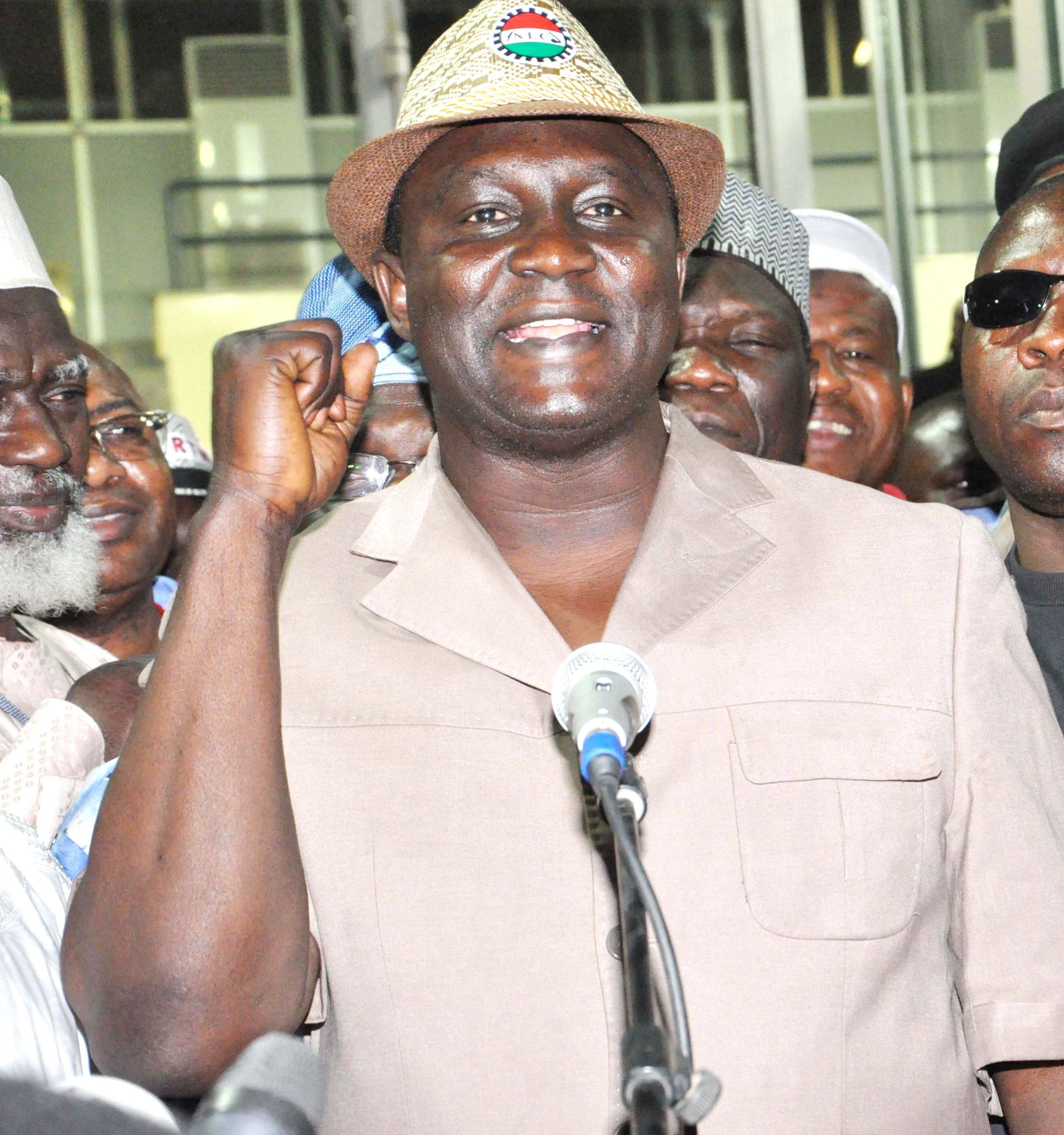Economic Hardship Looms: Anxiety Mounts as Tinubu Government Considers Electricity Subsidy Removal
Renowned journalist Ogaga Ariemu delves into the palpable anxiety gripping Nigeria as the Bola Ahmed Tinubu-led federal government contemplates removing electricity subsidies, a move feared to exacerbate the already severe economic challenges facing citizens.
During a briefing on February 14, 2024, Minister of Power, Adebayo Adelabu, highlighted the government’s mounting debt, surpassing N3 trillion, as a rationale for the potential elimination of electricity subsidies.
Adelabu’s statement has sparked widespread concern among Nigerians, who fear additional hardships following previous measures such as fuel subsidy removal and Naira devaluation.
With inflation soaring to a staggering 29.90% in January 2024 and the cost of living skyrocketing, the prospect of electricity subsidy removal intensifies the burden on ordinary Nigerians.
While the International Monetary Fund has advocated for subsidy removal, citing similar recommendations regarding fuel and currency policies, Nigeria faces a critical decision between maintaining subsidies or adopting cost-reflective tariffs.
According to data from the Nigerian Electricity Regulatory Commission, the country expended N2.8 trillion on electricity subsidies from 2015 to 2022, with an additional N600 billion allocated in 2023 alone.
Despite tariff increases over the years, electricity provision remains inadequate, with frequent outages plaguing consumers nationwide.
In an exclusive interview with DAILY POST, Bolaji Tunji, special adviser to the Minister of Power, clarified that the government has yet to finalize plans for subsidy removal. Tunji emphasized the need for comprehensive deliberation and public input before any decision is made.
However, critics like Eze Onyekpere, Lead Director of the Centre for Social Justice, warn against removing subsidies, citing potential exacerbation of citizens’ hardship. Onyekpere underscores the importance of addressing service quality within the power sector rather than solely focusing on tariff adjustments.
Similarly, Kunle Olubiyo, President of the Nigerian Consumer Protection Network, echoes concerns about the potential tariff hike, cautioning against further burdening Nigerians already reeling from economic challenges.
Olubiyo emphasizes the need for government concessions to alleviate citizens’ suffering, warning that neglecting these concerns could lead to social unrest akin to historical events such as the Arab Spring.
As the government grapples with this dilemma, Nigerians brace themselves for potential upheaval, hoping for solutions that prioritize their welfare and economic stability.








